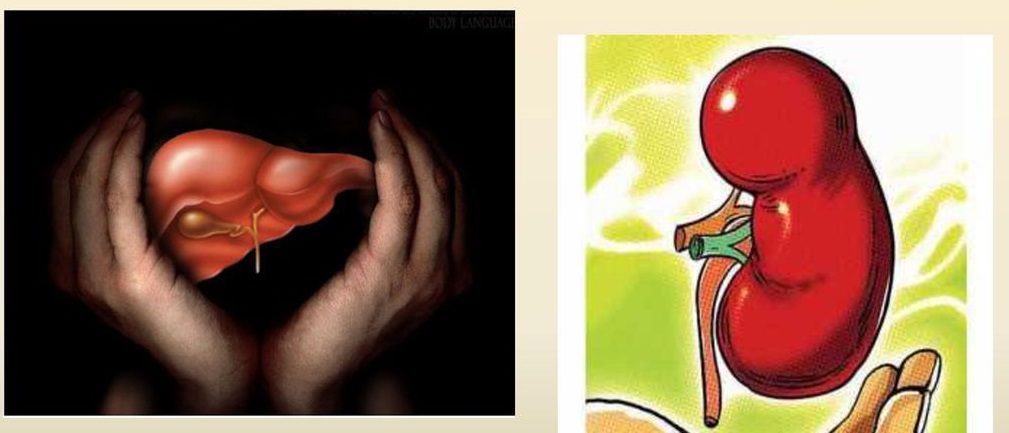Who has Hepatorenal Syndrome?
You will probably see patients with cirrhosis and acute liver failure who have resulting kidney-related complications.
If you are on rotation at UW Medicine Montlake, the patients will be seen on the Kidney-Liver service. If at Harborview Medical Center or the VA Puget Sound Healthcare System, nephrology patients with liver disease will be seen on the general consult service.
Nephrologists are often asked to help manage patients with cirrhosis and acute kidney injury (AKI). This usually involves differentiating hepatorenal syndrome (HRS) from other causes of AKI.
Hepatorenal Syndrome - causes, pathophysiology, and mechanism
by Armando Hasudungan, MD
The following is a short video about the pathophysiology of HRS.
(Please note that the terms Type 1 and Type 2 HRS referred to at the end of the video are now called HRS-AKI and HRS-CKD, respectively)
Hepatorenal Syndrome
by Claire Francoz, François Durand, Jeffrey A. Kahn, Yuri S. Genyk, Mitra K. Nadim
For a more in-depth overview of HRS, please read the following review from CJASN. This article highlights terlipressin as a therapy. Although terlipressin is now approved in the United States, you will currently see norepinephrine as the vasoconstrictor of choice.
Hepatorenal Syndrome
The Internet Book of Clinical Care - Episode 116
with Josh Farkas and Adam Thomas
This podcast provides a general overview of HRS evaluation and management from a non-nephrologists’ perspective. This podcast provides a general overview of HRS evaluation and management from a non-nephrologists’ perspective.
Now that you have reviewed the above resources, try working through this case simulation.
NephSim - Case 34
A 54-year-old woman with non-alcohol steatohepatitis (NASH) cirrhosis, type 2 diabetes mellitus, hypertension, and obesity is admitted to the hospital due to worsening ascites and altered mental status for 1 day. History is obtained from the patient’s daughter due to the patient’s AMS.




